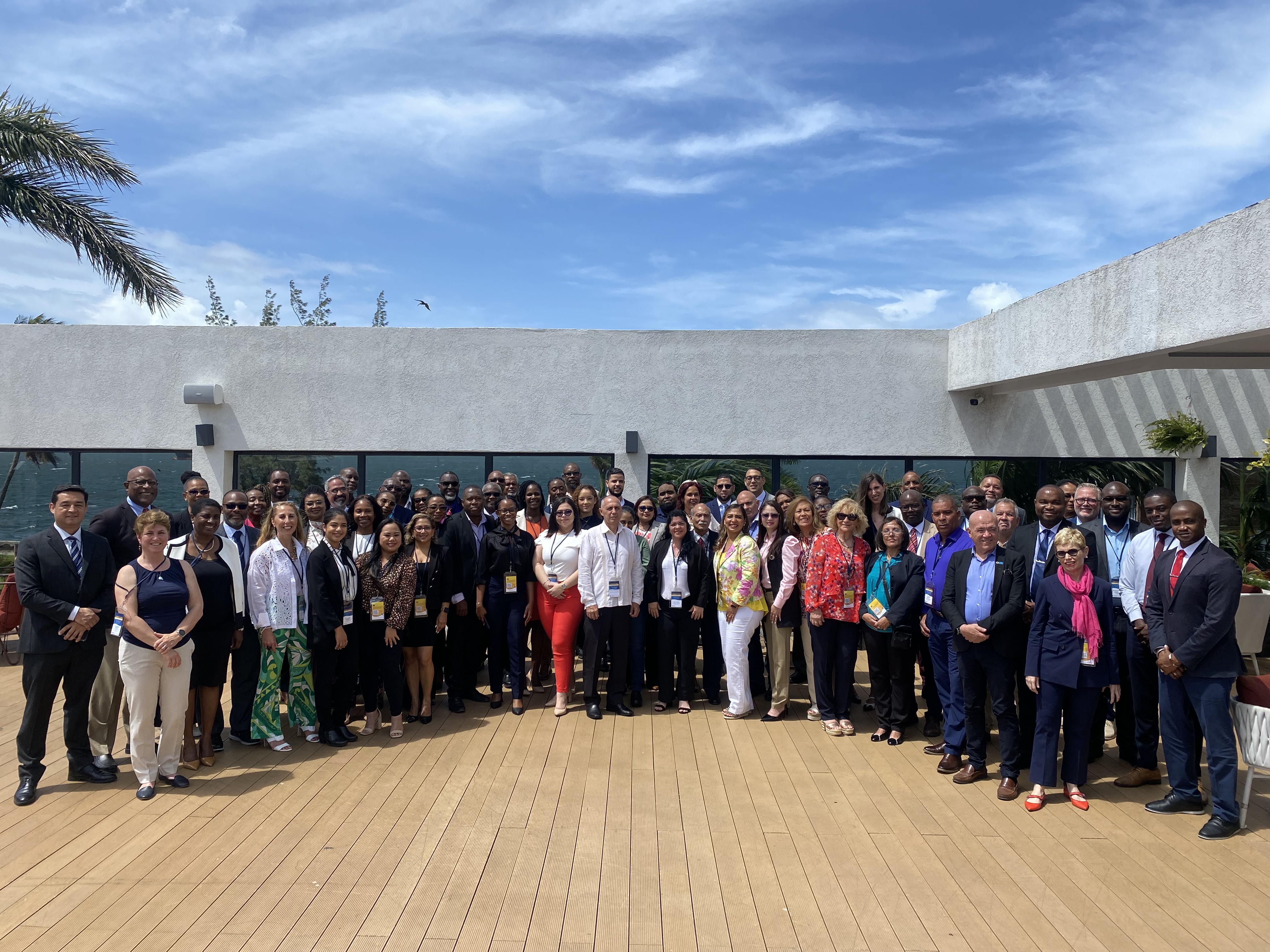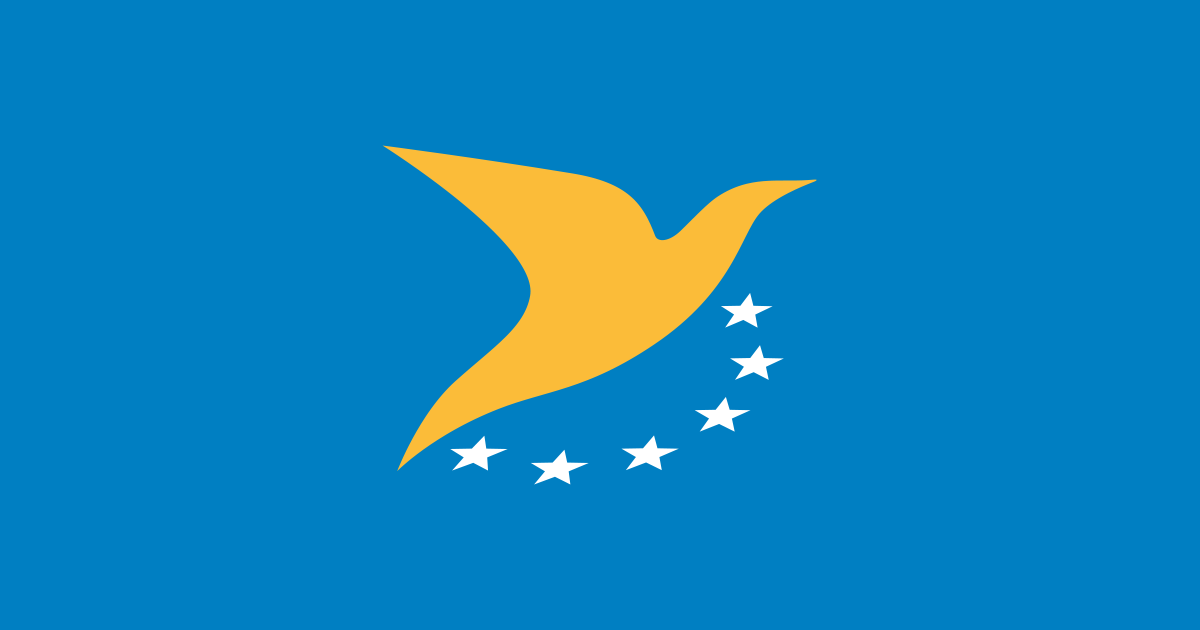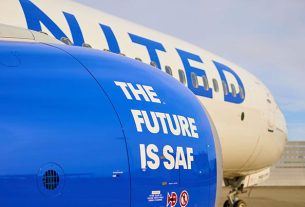Between August and October 2025, 3 important EU funded projects implemented by EASA’s International Cooperation department reached their conclusion, marking the important presence and impact EASA has in these regions.
EU-Africa Safety in Aviation (EU-ASA), launched in February 2019 officially concluded on 31 July 2025.
Over its six-year duration, the project focused on enhancing aviation safety across the African continent by supporting Regional Safety Oversight Organisations (RSOOs) and the African Civil Aviation Commission (AFCAC).
In addition to regional efforts, the project also extended bilateral support to several African States under the monitoring framework of the EU Air Safety Committee.
- Throughout its implementation, EU-ASA achieved several key milestones, including:Deployment of ICAO iPacks – Accident and Incident Data Reporting System
Rolled out between mid-2024 and mid-2025, this initiative supported the implementation of a standardized safety data reporting system based on ECCAIRS 2. - Validation of the RSOO Feasibility Study Follow-Up
Held in Uganda in April 2025, this event marked a significant step in strengthening regional safety oversight structures. - Workshop on Accident Investigations
Conducted in Senegal in May 2024, the workshop laid the groundwork for the creation of a continental network of aviation accident investigators. - RSOO Forum
Organized in Kenya in September 2023, this forum provided a platform for knowledge exchange and collaboration among Africa’s RSOOs and international partners.
The bulk of the activities were coordinated with the Regional Organisations to help their Member States meet international aviation safety standards.
The EU-ASA project leaves behind a solid foundation for continued progress in aviation safety across Africa, reinforcing the commitment to building a safer and more resilient air transport sector on the continent.
EU-Latin America and Caribbean Aviation Partnership Project (EU-LAC APP II), launched in June 2022 has come to an end on 30 September 2025.
Over more than 3 years of implementation the project focused on strengthening institutional relations, and deepening cooperation between aviation authorities, on encouraging regional cooperation, on promoting industrial exchanges and on increasing mutual awareness of aviation best practices, promoting EU standards, raising environmental protection efforts, and encouraging climate action.
The project involved both bilateral and regional aspects combining the approach in order to maximise the effects. The topics covered by the project were very vast and varied requiring multi-faceted activities.
The highest moment of the project implementation? When the ICAO Secretary General, Mr Juan Carlos Salazar joined the Project Management Board meeting organised in Lima in December 2023 and said that the cooperation established by the project with the ICAO Regional offices was unique in the world and should have been replicated in the other regions.
During the implementation the following key milestones were achieved, mainly in promoting the adoption of regulatory frameworks similar to the EU ones in many fields and with many partners. Some examples are the adoption of the ANSP certification and oversight provisions, the CAMO regulation, Aerodrome certification and oversight. UAS regulation.
Thanks to the EU LAC APP II project, EASA has signed MoU with LACAC (cooperation on all domains), with Brazil (SAF). Other MoU are next to be signed with Brazil (Cybersecurity and DEI) as well as Working Arrangements with Chile and Peru. The project has also facilitated the signature of the WA with Brazil on RAMP inspection, having sponsored the training of the inspectors.
In addition to the above non-exhaustive list, the project strengthened and enhanced the EU-LAC cooperation across multiple aviation domains, and identified areas for further collaboration in order to achieve even higher level of EU-LAC cooperation in the future.
During the 40 months of implementation phase, the project has deployed more than 200 activities (workshops, conferences, training sessions, webinars) in which approximately 5.600 people participated.
EU-CORSIA Africa and Caribbean (Capacity building for CO2 mitigation from international aviation), launched in December 2019 has reached its end on 12 October 2025. 
CORSIA is the first Global market-based measure for the aviation sector, designed by ICAO as an additional measure of the typical in-sector ones, aimed at assisting ICAO in reaching its aspirational goal of carbon neutrality from 2020 and Net Zero by 2050.
Over almost 6 years, among which the difficult and sudden show stopper of the pandemic, the project enhanced political, economic, and environmental partnership between the EU and partner countries in Africa and the Caribbean in the areas of civil aviation environment and climate change. It also helped in developing or supporting existing policy dialogues with partner countries on mitigating Green House Gas (GHG) emissions from civil aviation.
Activities were encompassing a broad band of support ranging from multilateral trainings on CORSIA methods and implementation, bilateral/multilateral support for setting up and implementing robust criteria and procedures on eligible emission units, setting up and implementing an IT data collection tools and processes, including on the CORSIA Central Registry (CCR), bilateral support for setting up and implementing NAS (national accreditation systems), workshops on aviation’s climate impacts and policies, support in drafting/facilitating and/or enforcing with domestic legal framework on aviation Green House Gas mitigation.
12 Regional workshops organised on CORSIA methods and implementation in the 2 regions helped establish an effective network, and additionally another 24 national, and 3 sub- regional workshops were organised based on commonalities/key features.
The impact of the project in the regions is tangible:
At the end of this project, 43 countries have formally announced their intention to voluntarily participate in CORSIA, 31 countries have CORSIA implementing regulations in place, 39 countries have national legal MRV framework implemented and enforceable to handle Emission Monitoring Plans (EMP) and Emissions Report (ER).
An engaging teamwork with a committed team and the constant cooperation with all stakeholders including international partners as AFCAC, LACAC, ECCAA made it possible to make the difference and to contribute in making air travel more sustainable – worldwide.



